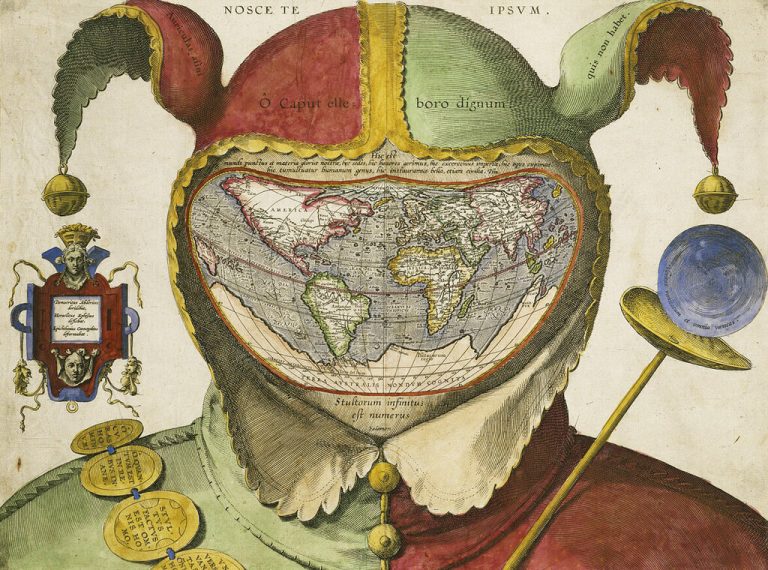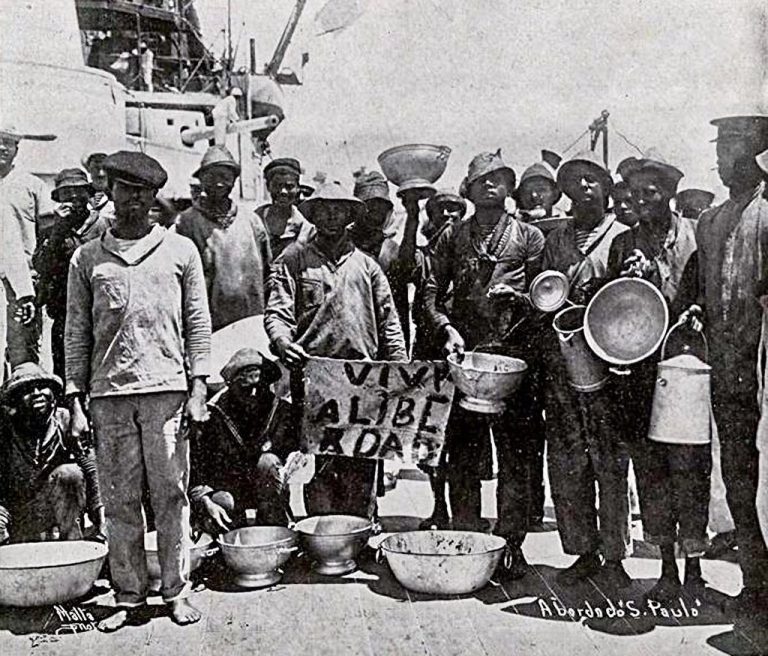It was one of these accursed days in which I had to say her goodbye. I got my backpack, gave her a kiss and quit, with my pal, at ten o’clock. It didn’t took much until we stopped one of the vans that operate almost in clandestinity in Guarulhos city, São Paulo, getting up in the front seats. The driver speeding up and sewing through the roads and sometimes also sidewalks, as if the whole World was made to be a shortcut, while we talked about the national political scenario and the growing influence of the military in Brazil’s politics.
The Army’s Commander General Villas Boas had tweeted on April 3, about a week before, that he “Secured the Nation that the Brazilian Army believes it shares the desire of all citizens to repudiate impunity and of respect for the Constitution, social peace and democracy, as well as being attentive to its institutional missions.” The General’s tweet suddenly appeared on Jornal Nacional that night, Brazil’s most watched daily-news show, a day before the Supreme Court was set to rule over if former president Luiz Inácio “Lula” da Silva deserved a habeas-corpus; that is, if he would be allowed to remain free until he went through all the appealing process.
Anyway, the streets from Pimentas – Guarulhos’ most dangerous neighborhood, those who know the region will surely tell you- that lead to the train station of São Miguel Paulista go through at least 3 out of dozens of Favelas in the region. In one of these, “Favela do Pantanal” (literally “Favela of the Swamp”), dozens of families live in little houses made of wood, above a little river (the “swamp”).
We finally arrive at São Miguel Paulista, forty minutes later — the trip usually takes an hour by bus, but the driver’s willingness to speed is the reason why most people prefer these semiclandestine vans.
Now I say goodbye to my comrade and take the train. It’s 11 o’clock. Kreeeeeeen — The train car’s door suddenly opens, and a hawker comes out of it announcing the snacks he’s selling. Before I get to my destination in this late evening, at least four more hawkers will be selling their products in this train car. They’re part of the 34.2 millions of Brazilians who currently work informally — that is, by themselves, unregistered. According to the Brazilian Institute of Geography and Statistics (IBGE), this is the largest number of unregistered workers in history, being the first time those who work by themselves outnumbered those with formal jobs (33.3 million).
Then I finally arrive at Brás station. This is the connection between the train system, that covers São Paulo’s farther periphery, to the Metro. There are four platforms, and above each one of them there is a giant screen; four screens with ads selling everything, from sneakers to freezers, that shine onto the masses, lighting it up. This is the Third World. I’m sure, if you’re an inhabitant of the Third World, you’ll understand perfectly the weirdness of living right amid the progress and the consume, at one hand, and the underdevelopment and poverty at the another, like we were sheep looking right into these screens, thirsty for Coca-Cola even though the water we drink is muddy, amazed by the architecture of the malls we go to on weekends while used to the risks we go through at our own homes. A new (old) kind of ideological control, where the contradictions of the World are deeply hidden by being right in front of us, as if there couldn’t be a reason for such contradictions: everything just is the way it is. There couldn’t be any perversity in such an open and transparent reality.
Most people, even though they live in Favela do Pantanal, even though they catch these trains, even though they’re selling candy at eleven o’clock, will only see the glow of the screens. As the Mexican writer Fabrizio Mejía once wrote: “the dominant culture doesn’t hold up because it is better, but because it creates the illusion that there’s nothing else.”







































